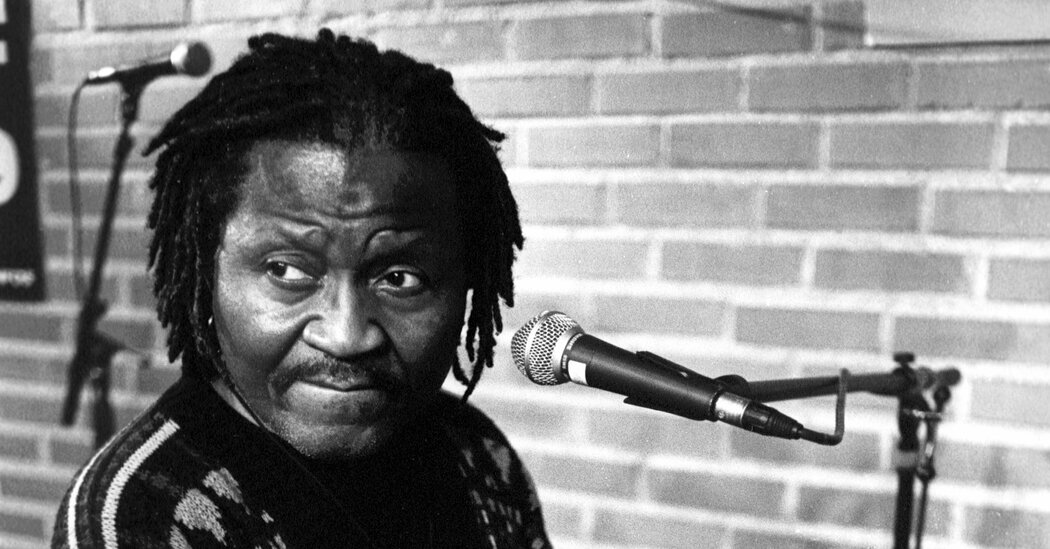Remembering Jazz Legend Andy Bey
Andy Bey, an accomplished jazz singer, pianist, and composer, has passed away at the age of 85. His profound contributions to music have established him as one of the great interpreters of the American songbook, following in the footsteps of his inspiration, Nat King Cole.
Life and Career
Bey’s remarkable musical journey spanned over six decades, beginning as a child star in Newark, New Jersey. His performances at venues like the Apollo Theater in Harlem showcased his prodigious talent from an early age.
The scope of his vocal abilities was extraordinary, allowing him to effortlessly transition between deep baritone and crisp tenor, often altering the tempo of songs with remarkable control. This unique artistry granted even the most familiar tunes a fresh perspective.
Performances and Style
In live performances, Bey’s versatility shone through as he often alternated between singing and playing the piano, accompanied by a rhythm section that included a bassist and drummer. His ability to engage audiences remained strong well into his 70s, complemented by his signature porkpie hat that added a youthful flair to his image.
As a Black male vocalist in a genre traditionally dominated by women and white singers, Bey carved a unique niche. He stated in a 2001 interview, “A lot of men don’t want to sing ballads because it exposes your vulnerability,” underscoring the challenges he faced while traversing the jazz landscape.
Musical Evolution
Throughout his career, Bey expanded beyond jazz, seamlessly incorporating elements of blues, R&B, and soul. His rendition of Nick Drake’s “River Man” exemplifies his ability to reinterpret classics with a personal touch.
He often described his career in phases, starting as a solo artist, then joining forces with his sisters as part of “Andy and the Bey Sisters.” He later collaborated with notable jazz musicians before launching a solo career with the critically acclaimed album “Experience and Judgment” in 1973. Despite facing a period of obscurity, he made a formidable comeback in 1996 with “Ballads, Blues & Bey,” marking a renewal in interest toward his work.
Recognition and Legacy
“Ballads” was well-received and signaled a renaissance in his career, leading to seven subsequent albums and two Grammy nominations. Bey expressed his belief in deserving recognition after years as an underground figure, sharing, “I’ve been an underground figure, or a cult figure, all these years.”
Born Andrew Wideman Bey Jr. on October 28, 1939, in Newark, he came from a musical lineage. Introduced to music at a young age, he released his first solo album at just 13. His artistry evolved as he drew inspiration from icons like Sarah Vaughan and Nat King Cole, acknowledging these influences while forging his distinctive style.
Bey’s announcement of his sexual orientation and HIV-positive status during the release of “Ballads, Blues & Bey” amplified the complexity of his identity as an artist. He believed that his age and experience added depth to his performances, emphasizing the narrative conveyed through music.


